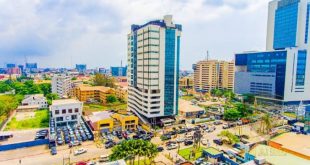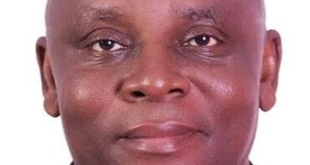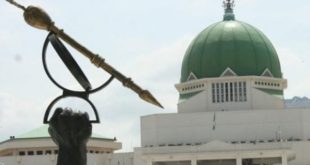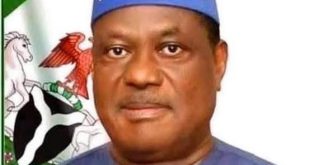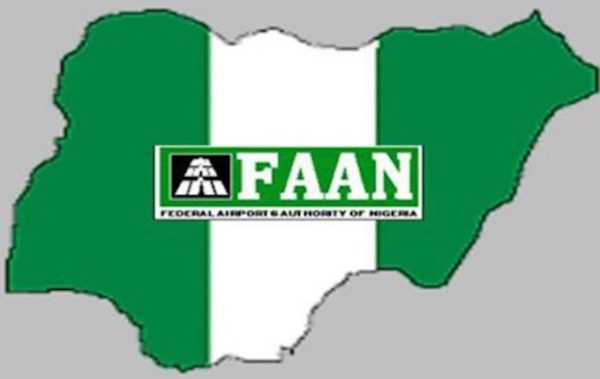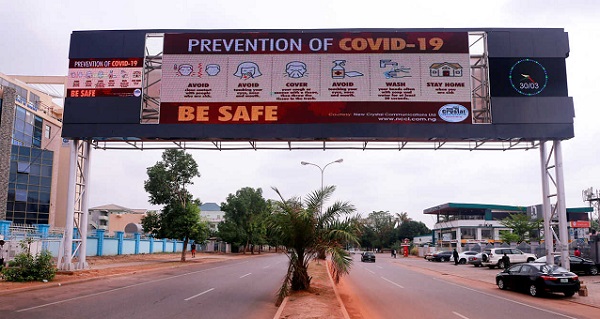
Despite the government commitments to help cushion the effects of the lockdown, the federal legislature has faulted the process for disbursement of the palliative funds and items by the Ministry of Humanitarian Affairs, Disaster Management and Social Development to the vulnerable people across the country.
The Nigeria Private Sector Coalition against COVID-19 has realized N21.58bn towards the fight against COVID-19 to cushion the effects of the lockdown.

The Senate President, Ahmad Lawan and the Speaker of the House of Representatives, Hon. Femi Gbajabiamila on Tuesday last week faulted the implementation of the programme after a meeting with the Minister of Humanitarian Affairs, Disaster Management and Social Development, Sadiya Farouq in Abuja.
Lawan noted that majority of those who are supposed to benefit have no access to power and no access to the Internet.

According to him, “They have no bank account, so no BVN. In fact, many of them don’t even have phones and these are the poorest of the poor. Now, with coronavirus, they need our attention more than ever before. The time has come for us to review the ways and manner we use to deliver the services under the SIP to Nigerians.

Also the leader of the Minority Caucus of the House, Rep. Ndudi Elumelu, (PDP, Delta), faulted the current selective approach adopted by the Federal Government in allotting aids to states as unacceptable and counter-productive as the selective approach is already sending wrong signals, fuelling avoidable divisiveness, allegations and counter-allegations of political and sectional marginalization in the polity and such must be checked immediately.
Meanwhile, the Minister of Humanitarian Affairs, Disaster Management and Social Development, said the programme would give priority to Lagos, Ogun and the Federal Capital Territory.
Farouq explained that the Conditional Cash Transfer Programme, CCTP, supervised by the ministry had so far distributed N20,000 each to 110,202 existing beneficiaries on the National Social Register in seven states and will extend to 17 additional states on Monday.
The minister noted that the National Emergency Management Agency, NEMA, was ready to deploy 45,000 metric tonnes of food items to households of satellite towns in front line states including Lagos, FCT and Ogun, with particular emphasis on vulnerable households.
However, the Ministry also highlighted measures that are put in place in a statement signed by Maryam Uwais, Special Adviser to the President on Social Investments on Thursday, detailed how National Social Investment Programme, NSIP, works and how the poor and vulnerable are reached.
“The process involves a poverty mapping of the LGAs in each State, community mobilization, targeting and identification supported by trained enumerators at State and LGA levels, after which each of the households identified by the communities is visited and data collated, which information includes fields such as the size of household, age, gender, persons with disability (if any), assets, vocation of head of household, educational qualifications (if any), dwelling house conditions, etc.
The truth is that the claim by Maryam Uwais is not verifiable. There is no known site where all these data are domiciled for confirmation, and this makes this assertion questionable. If there was, the Minister of Humanitarian Affairs, Disaster Management and Social Development would have been quick to cite the source in her interview when confronted by the media recently on how she determines who the poor of the poorest is in the society. In response to this question, she said they are determined by community leaders who refer the poor in their communities to government.
Who is the poor, one may ask? 80 per cent of Nigerians live below poverty line, according to statistics. In addition, the World Bank has set a criteria for describing people according to their earnings. World Bank describes an individual as an extremely poor person if he lives on less than US$1.90 per day. In the same way, a person is said to be living in moderate poverty if his daily pay is below the mark of US$3.10 a day.
With this understanding, the 80 per cent poverty rate is justified given that a lot of people live below N500.00 per day in Nigeria.
Many Nigerians were alarmed to hear also that the Ministry has disbursed N5,000 monthly for more than five years now. Many poor people in different states of the country have been left out, a factor that has equally cast a blight on the disbursement modalities and system.
Surprisingly, even in their catchment areas for the social intervention scheme, our findings have shown that too many vulnerable people were not captured. This leaves one with the risk of concluding that disbursement was not done as claimed.
However, to address this challenge, the Ministry should consider the deployment of profiled and tested non-governmental organizations with equally grass root penetration in the country as channels for such disbursement. Do you know that many non-profits today are bridging the gaps of the failed government’s social intervention schemes? MMS WoFHoF Initiative is one of them, with records of grants given to the poor and micro business owners. There has to be a proven effective model and system for penetrative disbursement that should meet the test of sustainability in concept and longevity.
 MMS PLUS NG – Maritime, Aviation, Business, Oil and Gas News Online Newspaper with coverage in Maritime, Oil and Gas, Aviation, Power and Energy as well as Financial News
MMS PLUS NG – Maritime, Aviation, Business, Oil and Gas News Online Newspaper with coverage in Maritime, Oil and Gas, Aviation, Power and Energy as well as Financial News



